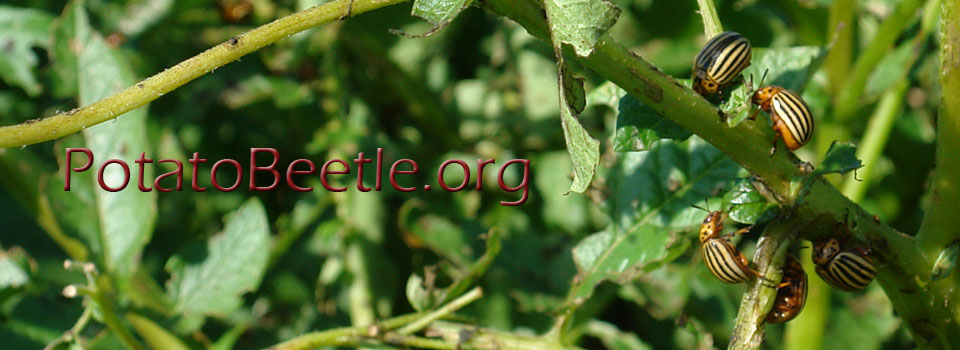Kryukov, V. Y., M. R. Kabilov, N. Smirnova, O. G. Tomilova, M. V. Tyurin, Y. B. Akhanaev, O. V. Polenogova, V. P. Danilov, S. K. Zhangissina, T. Alikina, O. N. Yaroslavtseva, V. V. Glupov, Fungal Biology https://doi.org/10.1016/j.funbio.2019.09.012
Strains of entomopathogenic fungi may have substantial differences in their final stages of mycosis. Insect cadavers are usually overgrown with mycelium after colonization of the insect body, but in many cases, bacterial decomposition of the colonized hosts occurs. We used two Metarhizium robertsii strains in the work: Mak-1 (cadavers become overgrown with mycelium and conidia) and P-72 (cadavers decay after fungal colonization). We conducted a comparative analysis of gut and cadaver microbiota in Colorado potato beetle larvae using 16S rRNA gene sequencing after infection with these strains. In addition, we estimated the content of different forms of nitrogen in cadavers and the influence of cadavers on the growth of Solanum lycopersicum on sand substrates under laboratory conditions. It was shown that infections did not lead to a significant shift in the midgut bacterial communities of infected insects compared to those of untreated insects. Importantly, bacterial communities were similar in both types of cadaver, with predominantly enterobacteria. Decomposing cadavers (P-72) were characterized by increased nitrate and ammonium, and they had a stronger growth-promoting effect on plants compared to cadavers overgrown with mycelium and conidia (Mak-1). We also estimated the colonization and growth of plants after treatment with conidia of both strains cultivated on artificial medium. Both cultures successfully colonized plants, but strain P-72 showed stronger growth promotion than Mak-1. We propose that the use of deviant strains that are unable to sporulate on cadavers leads to a faster (though only passive) flow of nitrogen from killed insects to plants.
